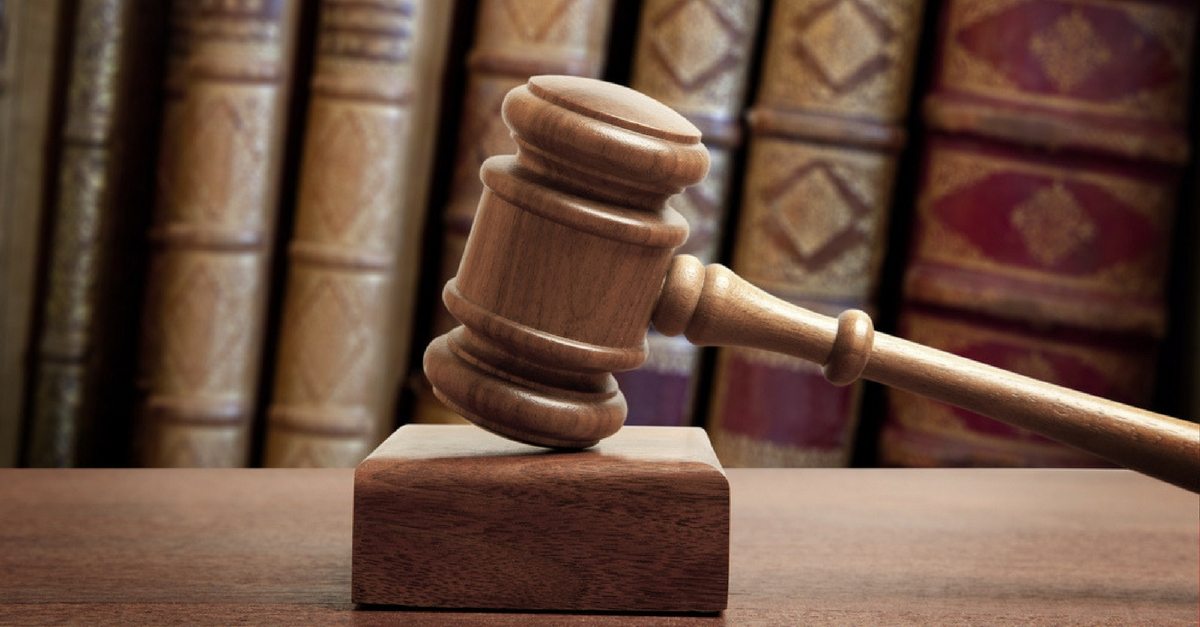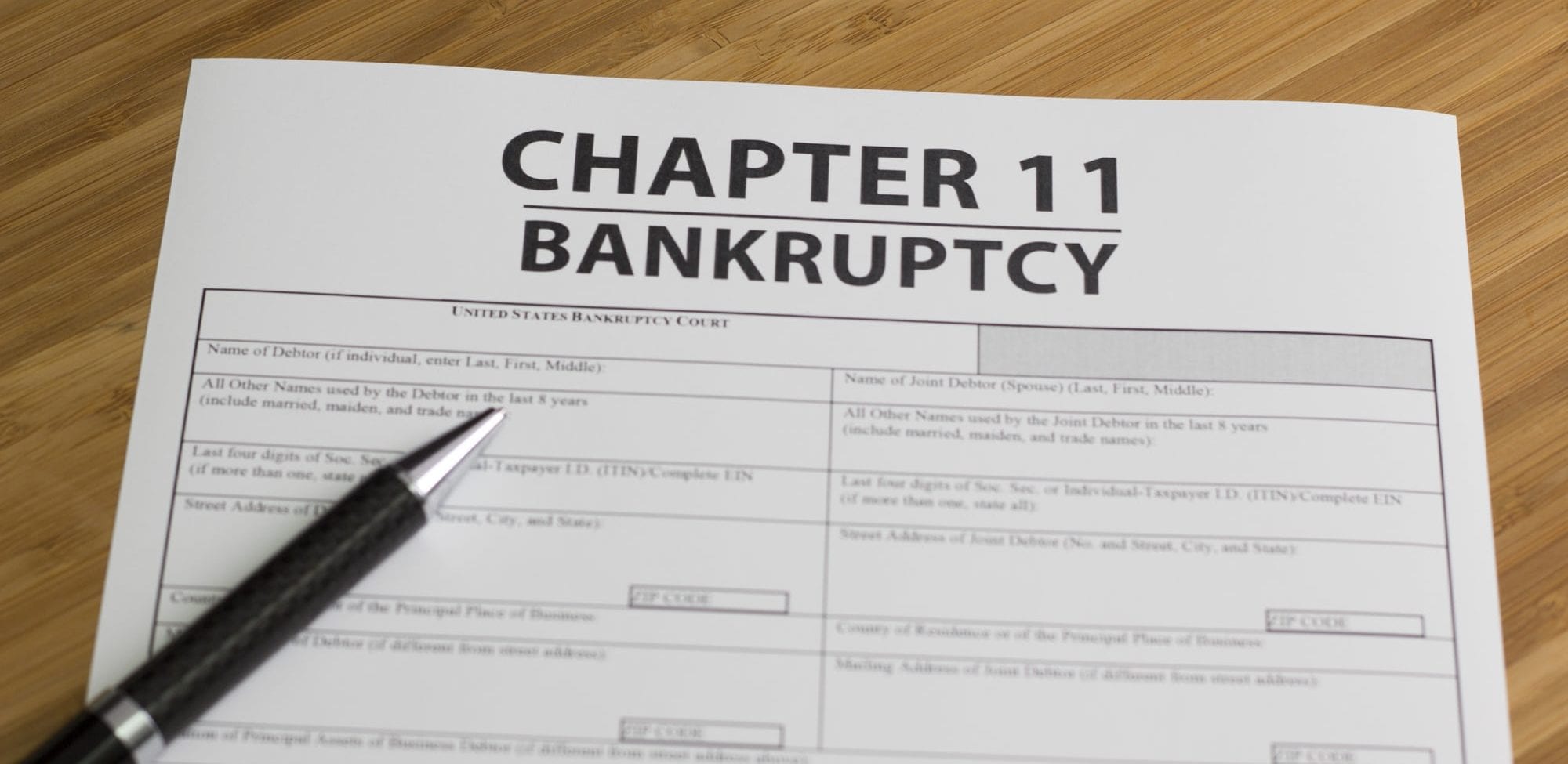Bankruptcy law is a complex legal domain that serves as a crucial safety net for individuals and businesses navigating financial turmoil. Understanding the core objectives of bankruptcy law is essential for anyone dealing with insurmountable debt. In this comprehensive guide, we will delve into the primary goals of bankruptcy law, its various chapters, and provide answers to some frequently asked questions, shedding light on this intricate legal landscape.
The Fundamental Objective of Bankruptcy Law
Providing Financial Relief for Individuals and Businesses
At its core, bankruptcy law aims to offer financial relief to individuals and businesses struggling with overwhelming debt. This relief can manifest in various forms, including debt discharge, reorganization, or structured repayment plans. It’s important to note that different types of bankruptcy, such as Chapter 7, Chapter 11, and Chapter 13, exist to address diverse needs.
Chapter 7 Bankruptcy – Liquidation and Debt Discharge
Chapter 7 bankruptcy, often referred to as “liquidation” bankruptcy, allows individuals and businesses to sell non-exempt assets to repay creditors. Once these assets are liquidated, most remaining debts are discharged, providing a clean slate.
Chapter 11 Bankruptcy – Reorganization for Businesses
Primarily designed for businesses, Chapter 11 bankruptcy enables the restructuring of a company’s debts and operations while it continues to function. This helps the business stay afloat and meet creditor obligations through a court-approved plan.
Chapter 13 Bankruptcy – Repayment Plan for Individuals
Chapter 13 bankruptcy caters to individuals with a regular income source. It involves creating a structured repayment plan to gradually settle debts over a period of three to five years, allowing individuals to retain their assets while addressing financial obligations.
Bankruptcy Law and Creditor Rights
Balancing the Interests of Debtors and Creditors
Bankruptcy law strives to strike a delicate balance between the rights and interests of debtors and creditors. It establishes an equitable process for addressing outstanding debts. While debtors seek a fresh start, creditors maintain the right to receive repayment to the extent possible.
Automatic Stay – Protecting Debtors from Creditor Actions
When an individual or business files for bankruptcy, an automatic stay is triggered. This legal provision prevents creditors from pursuing collection actions like lawsuits, wage garnishments, or foreclosure. The automatic stay grants debtors the space to manage their financial situation without the constant pressure from creditors.
Ensuring Fair Distribution to Creditors
Bankruptcy law establishes a clear order of priority for creditors. Secured creditors, such as mortgage lenders, generally have the first claim to repayment. Unsecured creditors, such as credit card companies, fall lower in priority. In cases where available assets are insufficient to cover all debts, unsecured creditors may only receive a portion of what they are owed.
Frequently Asked Questions (FAQs)
Can anyone file for bankruptcy?
Bankruptcy is generally accessible to individuals, businesses, and even municipalities. However, eligibility criteria and restrictions vary depending on the type of bankruptcy. For example, Chapter 7 may have income limits, and Chapter 13 is typically reserved for individuals with a steady income.
Will bankruptcy eliminate all my debts?
While bankruptcy can discharge many types of debts, such as credit card debt and medical bills, certain obligations persist, including student loans, child support, and alimony. Secured debts, like mortgages, may require surrendering collateral if payments cannot be made.
How does bankruptcy impact my credit score?
Filing for bankruptcy does have a negative impact on your credit score. Chapter 7 bankruptcy remains on your credit report for ten years, while Chapter 13 lingers for seven years. However, with responsible financial management, your credit score can gradually improve over time.
Conclusion
In conclusion, the main goal of bankruptcy law is to provide a lifeline for individuals and businesses grappling with overwhelming debt. Whether it’s through liquidation, reorganization, or structured repayment plans, bankruptcy law offers a legal framework to address financial hardships. By maintaining a delicate balance between the interests of debtors and creditors, bankruptcy law seeks to deliver an equitable solution for all parties involved.
If you find yourself in a situation where bankruptcy might be a viable option, it’s essential to consult with a qualified attorney specializing in bankruptcy law. They can offer personalized guidance tailored to your unique circumstances, assisting you in navigating this intricate legal process while working towards a more stable financial future. Remember that bankruptcy is a legal tool designed to provide a fresh start, and understanding its goals and intricacies is the first step toward regaining financial stability.







